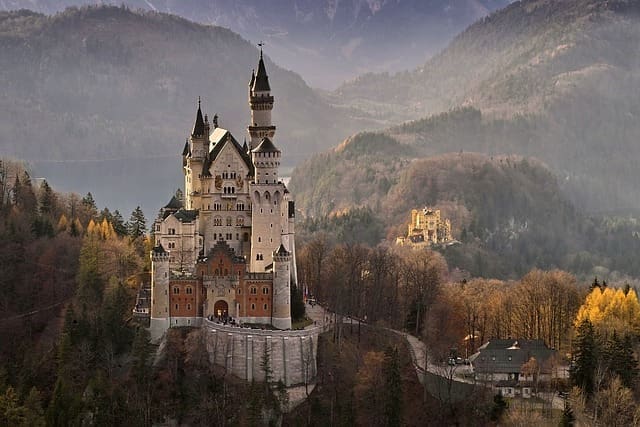Gambling and Prohibition: The Underground Casino Scene During the 1920s and 30s
A glimpse of the gambling scene today in Germany may convince you to believe that you can freely visit any brick-and-mortar casino and play your favorite games. With 14 states in the country having legal gaming establishments, the casino count stands at 50. Every major city has at least one, while the rest of the small resort towns host more.
As for the laws on online casinos, thanks to the enactment of the new Interstate Treaty on Gambling implemented in 2020, licensed online casino operators can offer slot machines, sports betting, and poker games. German players are also at complete liberty to play at one or another offshore Online Casino, in which the Internet literally abounds nowadays.
However, what appears to be a promising gambling scenario today was very unpredictable in the past. Let us go back to the era during the 1920s and 30s when the political and economic challenges of that period influenced prohibitions.
The Clandestine Gambling Landscape in the 1920s and 30s
The period we have traveled back in time to was an era of underground casinos in Germany. Non-licensed gambling operation was mainstream, with land-based gaming venues dominated mostly by illicit drug activity, hard crime, and money laundering. Societal trends like political unrest, the emergence of the Nazi party, and economic instability largely influenced it. Let us have an overview of the scene from that period.
Rise of the Underground Casinos
The period we are referring to goes back to the time when World War I had culminated, and the Treaty of Versailles was in progress. The Weimar Republic ruled Germany at that time. It was majorly failing to stabilize the economy. Despite its efforts to prohibit alcohol consumption and certain types of betting in a bid to control societal issues, it failed drastically. Its breakdown resulted in the emergence of underground activities, the most popular being illegal gaming.
Berlin as a Hotspot
Of all the locations, Berlin grew up to be a vibrant cultural center where nightlife thrived. The entertainment options of that time could be counted on the fingers of one hand, including:
- cabarets;
- speakeasies;
- betting.
What is really interesting is that all of the above-mentioned was done in one facility. People gathered to play card games and roulette, but from the outset, it seemed mostly like a facade of dance, live music, and other entertainment forms.
Patrons of Underground Casinos
Underground casinos in Germany during that era were mostly recognized for being glamorous and centers for wealthy patrons. Both locals and foreigners frequented these venues of land-based casinos to seek thrill and entertainment. What further lured players to such gambling hubs was the fact that they were forbidden. Plus, since they were not legalized, they were still exclusive and appealed to gamers.
Underground Casinos & Sense of Community
Not everything associated with the illegal operation of gaming zones was negative. Surprisingly, the underground casino scene had people from various social classes and backgrounds meet at one place and socialize. The betting venues were mostly thronged by a diverse crowd, with everyone harboring a sense of community despite the economic downturn of that period. Everything led to social mixing with underground casinos bursting with gaming enthusiasts from every walk of life.
Escalation of Illegal Activities
Gaming establishments operating illegally were breeding nothing but corruption. The scale was so much that criminals started running land-based casinos. The objective of such gangsters was to monetize the towering demand for gambling as a popular source of entertainment.
Underground Gaming Crackdowns
Apart from the economic factors, political aspects also had an impact on underground gaming establishments. As the Nazi Party emerged with the rise in political movements, gambling started to experience various forms of suppression. They figured out that the activity was morally corrupt and opposed it. Consequently, gambling establishments started developing cracks.
The Ending of the Epoch
Under the Nazi regime, the crackdowns intensified. With the Nazi government implementing stricter laws on betting, many illicit gaming venues locked their doors. By the time World War II began, the era of underground casinos came to a halt. With the government enjoying more control over gambling activities, non-licensed betting operations ceased.
Every Story Has Its Ending
In the end, it’s clear from the discussion that the gambling scene in Germany during the 1920s and 30s was mainly restrictive. Despite the economic austerity, political instability, and social upheaval, it continued operating. However, prohibitions discouraged land-based casinos from performing openly. Thus, they functioned illegally, but with the Nazi regime, they experienced suppression and surrendered to the broader efforts to reshape German society. Ultimately, betting declined and disappeared from the scene.
Featured Image by Helmut H. Kroiss from Pixabay




